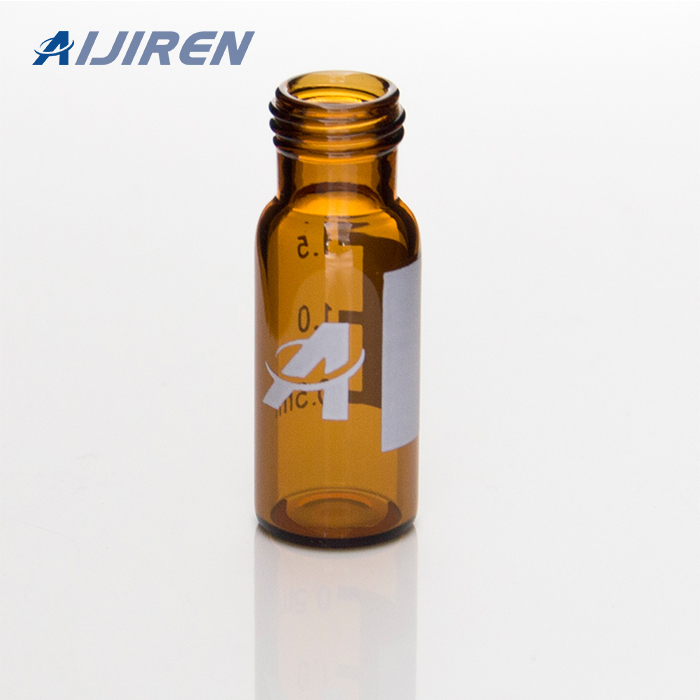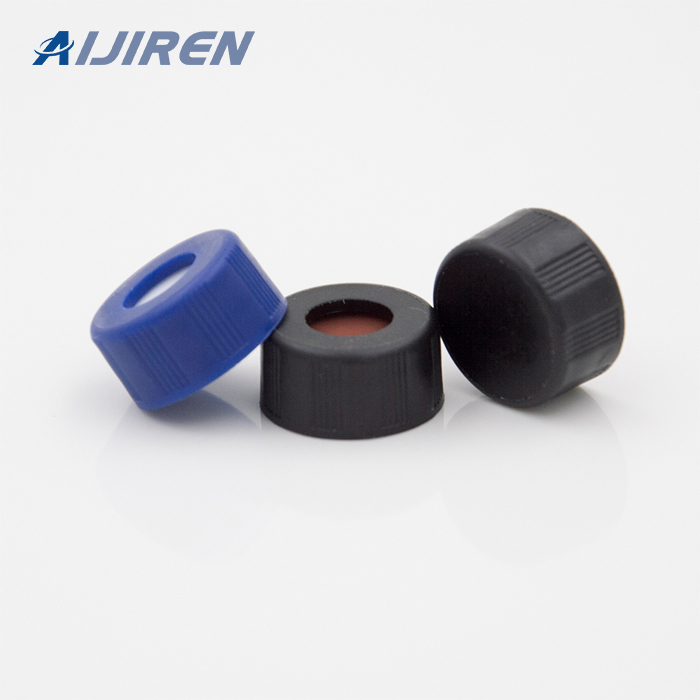

Nov 25, 2015 · Method validation is an important requirement in the analysis by liquid (HPLC) or gas (GC) chromatography. However, some analytical chemists seem unaware about its importance. They show serious doubt about the main aspects of validation: need, when it must be performed, its relationship with the development of the method and the correct procedure.
Stage 1: Process Design. This stage requires a validation strategy. A cleaning validation master plan should already be in place and include items such as cycle development, selection of cleaning agents, analytical and sampling methods, calculating acceptance criteria, handling and storage procedures for cleaned components, and cleaning equipment validation.
Method Validation. Once any method of analysis has been developed to determine a food additive, residue, or contaminant, it is necessary to establish how well that method actually performs in practice. This process, whereby the performance characteristics of the method are established, is known as method validation.
The validation of analytical methods is required to obtain high-quality data. For the pharmaceutical industry, method validation is crucial to ensure the product quality as regards both therapeutic efficacy and patient safety. The most critical step in validating a method is to establish a protocol containing well-defined procedures and criteria.
Dec 14, 2021 · Good Practices in Analytical Method Validation. Standard-setting organizations and regulatory agencies have provided detailed guidance and workflow schema on how to conduct formal validation studies of analytical methods specifically for NPs and dietary ingredients 2, 3, 4. These validation guidance documents define parameters that should be
A Review on Step-by-Step Analytical 10 IV. ANALYTICAL METHOD VALIDATION The process of validation of analytical method[20-24] is adopted to confirm that the employed analytical procedure for a specific tests meet the intended requirements. Guidelines from the USP, ICH, FDA etc., can provide a framework for validations of pharmaceutical methods.
Jul 1, 2016 · Even though other chromatographic methods exist to quantify FFA, the most popular method of analysis involves gas chromatography with flame ionization detection (GC-FID) because of its precision and reliability and relative low cost (Christie, 1993; Delmonte et al., 2009).
Apr 2, 2019 · In gas chromatography (GC), the sample is vaporized and injected onto the head of a chromatographic column. Elution is brought about by the flow of an inert gaseous mobile phase such as helium, argon, nitrogen, carbon dioxide, and hydrogen. In GC, the mobile phase does not interact with molecules of the analyte, and it only transports the analyte through the column. In two general kinds of GC
used in method validation are highlighted in Figure 1. Although all analytical procedures or methods used in a regulated lab-oratory must be validated, this chart focuses specifically on liquid chromatography. Figure 1: Typical analytical characteristics used in method validation, commonly referred to as the “Eight Steps of Method Validation.”
Center for Drug Evaluation and Research. The purpose of this technical review guide is to present the issues to consider when evaluating chromatographic test methods from a regulatory perspective.
Apr 6, 2012 · Method validation is an important requirement in the practice of chemical analysis. However, awareness of its importance, why it should be done and when, and exactly what needs to be done, seems to be poor amongst analytical chemists. Much advice related to method validation already exists in the literature, especially related to particular
This step is the most time-consuming part of method development and often requires expert knowledge to perfect. Robustness testing. Done to determine the impact of changing parameters of the separation method. Optimizing robustness is important for many method development and validation processes. Method validation. The industry-specific
The analytical cycle represents all of the steps from the point of collection to the final analysis and data output. Although sample preparation is an important part of this analytical cycle, it doesn’t always get the respect as does the separation and measurement instrumentation and the data handling aspects.
Analytical procedures undergo method validation as a determination of their suitability to the intended analysis. United States and European pharmacopeia compendia contain guidelines on analytical procedure method validation.1,2 Additionally, ICH, Q2 (R1) guidelines describe the recommended validation criteria in great detail.3 They are as follows:
Aug 19, 2022 · Specificity is one of the main tasks in reliable validation of analytical methods. Experience has shown that this problem is often treated rather formally in the case of using chromatographic methods for the determination of organic impurities so that the specificity of a proposed method is not fully proven. This article discusses key points for reliable assessment of the specificity of